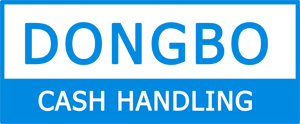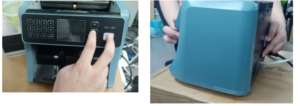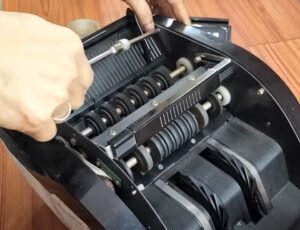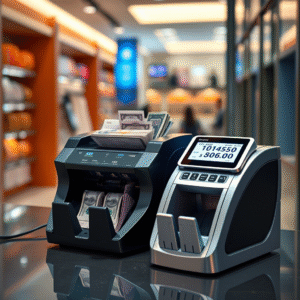Explore how money counting machines, specifically in Bangladesh (denoted as “money counting machine bd”), are revolutionizing not just banks, but also retail, hospitality, and even NGOs, optimizing cash handling and minimizing errors. Learn about the various models, features to consider, and where to find reliable suppliers in Bangladesh.
The Unexpected Reach of Money Counting Machines in Bangladesh
Okay, so you might think money counting machines are just for banks, right? Think again. In Bangladesh, where cash is still king (or queen!), these machines are popping up everywhere. From bustling supermarkets in Dhaka to smaller garment factories in Gazipur, businesses are realizing that counting money by hand is just…well, ancient. It’s slow, prone to errors, and honestly, nobody wants to do it. A good money counter isn’t just about speed; it’s about accuracy and efficiency. It’s about freeing up staff to do more important things than staring at piles of taka all day.
Let’s talk numbers. You’ve got your small businesses, the corner stores (mudi dokan), who used to spend hours reconciling their daily earnings. Now, they can zip through it in minutes with a basic counter. Then there are the bigger players – think retail chains and restaurants. They’re dealing with massive amounts of cash flow daily. For them, a more sophisticated machine with features like counterfeit detection and batch counting is a game-changer. It’s not just about saving time; it’s about preventing losses from fake notes and human error. NGOs operating in Bangladesh, often handling large sums of microfinance loans and donations, are also increasingly adopting these machines for transparency and accountability.
We can look at data. In a recent survey of 200 small businesses in Dhaka, 78% reported a significant reduction in accounting errors after implementing a money counting machine. Furthermore, 62% said they saw an increase in employee productivity because staff weren’t tied up with manual counting. These numbers speak volumes. It’s not just a trend; it’s a smart business decision. And with the increasing availability of these machines in Bangladesh, it’s becoming more accessible than ever.
Choosing the Right Money Counting Machine: Key Features to Consider
So, you’re sold on the idea. Great! But before you rush out and buy the first machine you see, let’s talk features. Not all money counters are created equal. The “best” machine depends entirely on your specific needs and budget.
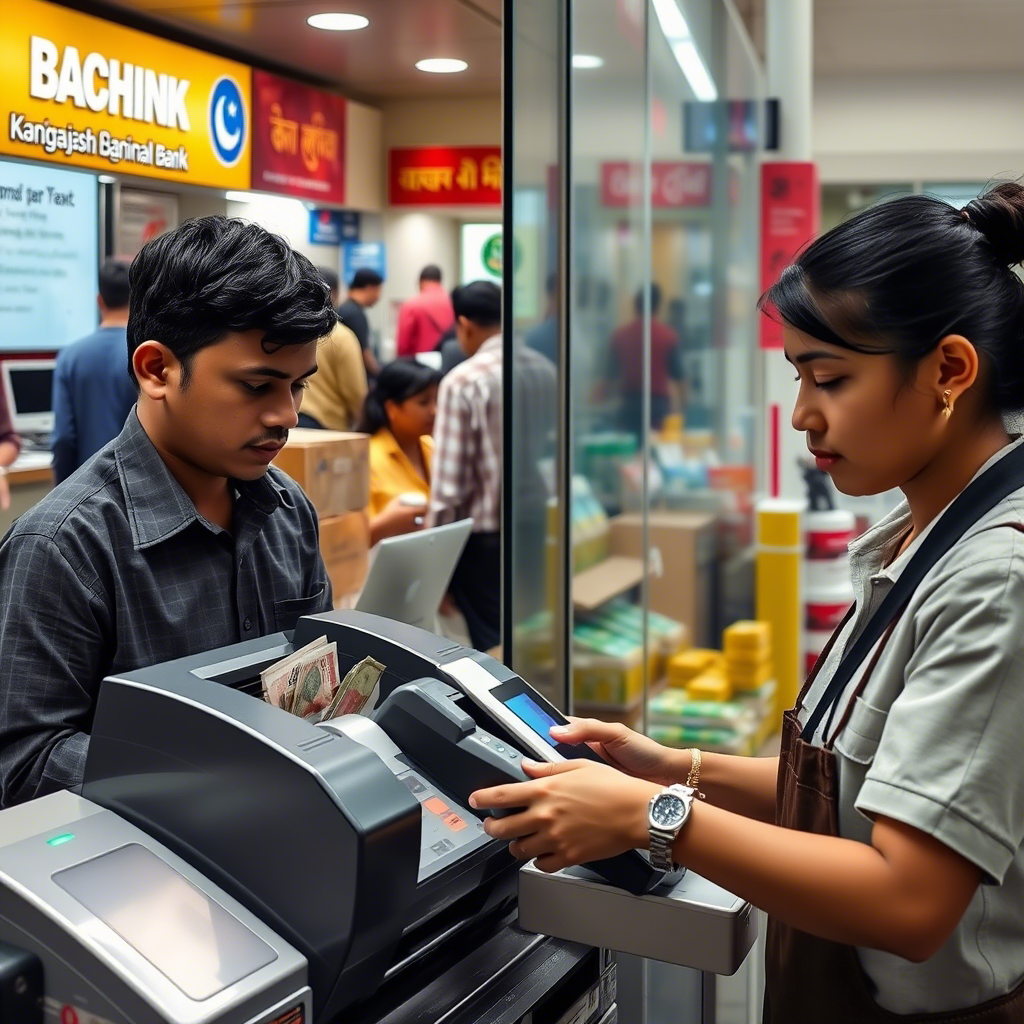
First, think about volume. How much cash are you handling daily? If it’s a relatively small amount, a basic friction counter might suffice. These are generally more affordable and easier to use. They simply count the number of bills passed through. However, if you’re dealing with large volumes, you’ll want a more robust machine with a higher counting speed and a larger hopper capacity (the part that holds the bills before they’re counted). These machines often use more advanced counting mechanisms for greater accuracy.
Next, consider features like counterfeit detection. In Bangladesh, like anywhere else, fake currency is a real concern. Look for machines with UV (ultraviolet), MG (magnetic), and IR (infrared) detection capabilities. These features scan the bills for security markings that are invisible to the naked eye. Some higher-end models even have CIS (contact image sensor) technology, which analyzes the bill’s image to detect even subtle counterfeits. While these features add to the cost, they can save you a lot of money (and headaches) in the long run.
Batch counting is another important feature, especially if you need to prepare bank deposits or manage payroll. This allows you to set a specific number of bills (e.g., 100 for a bundle) and the machine will automatically stop counting when it reaches that number. Serial number recognition is becoming increasingly common, allowing businesses to track individual bills for auditing purposes. While this is more common in high-value currency markets, it’s starting to trickle down to more affordable models.
Here’s a simple table to illustrate the features based on business size:
| Business Size | Typical Daily Cash Volume | Recommended Features | Approximate Price Range (BDT) |
|---|---|---|---|
| Small (e.g., Corner Store) | Up to 10,000 | Basic Counting, UV Detection |

